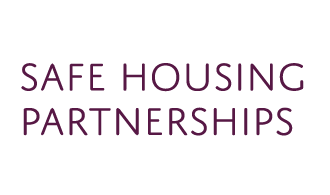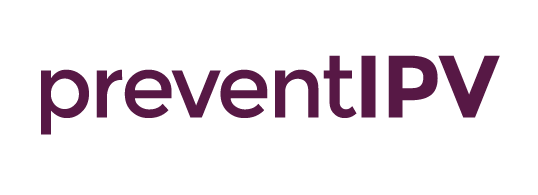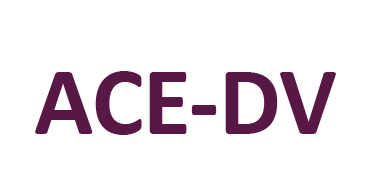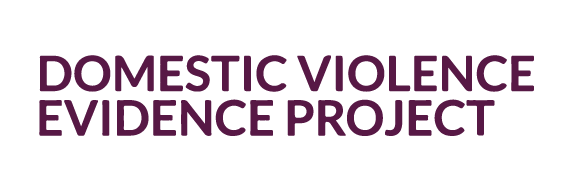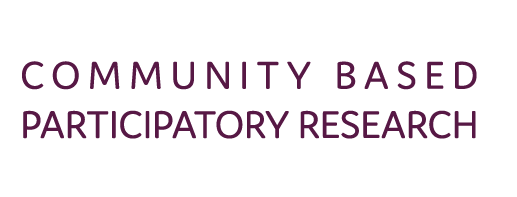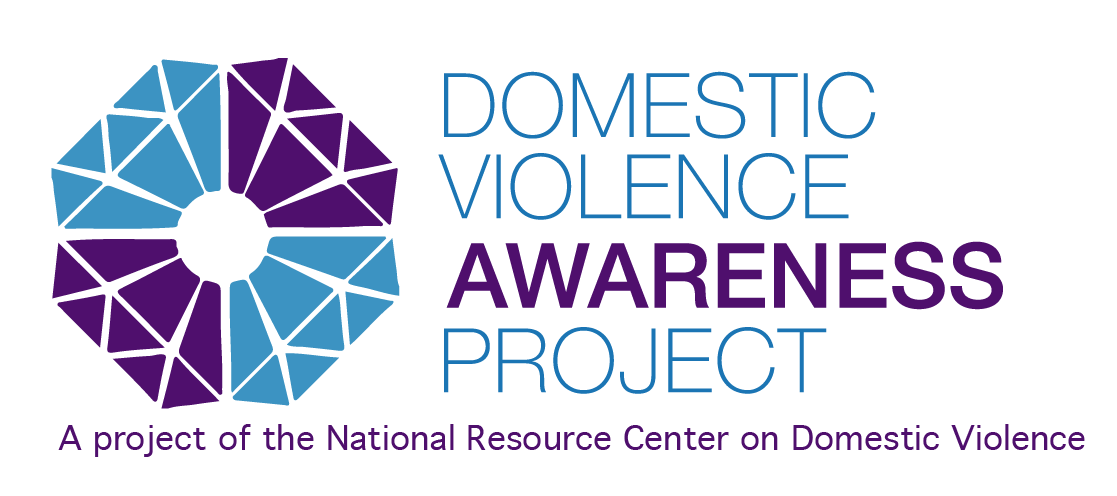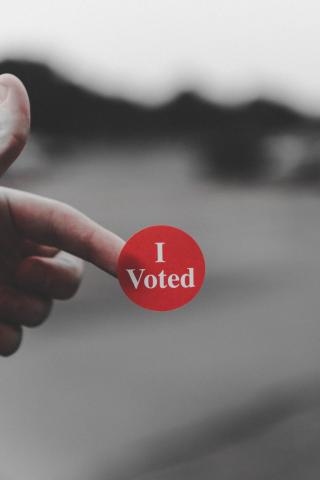
NOVEMBER 21, 2018
Voter Engagement and Participation:
An Important Role for Advocates
By NRCDV’s Policy and Research Team
As advocates working with and on behalf of survivors of domestic and sexual violence, we are often in a unique position to see the real impact that laws and policies have on people’s daily lives – on their safety, health, economic security, and well-being. We can notice patterns and gaps in how systems are or are not responding, and by deeply listening to survivors and communities, we can help identify policy solutions that can make a significant positive difference.•
At NRCDV, we’re taking time this Domestic Violence Awareness Month (DVAM) to share the importance of voting and civic engagement and to highlight the connections between how we vote and the policies that impact survivors’ lives.
Who and what we vote for – the candidates, ballot initiatives, and referendums – at the federal, state, and local levels is a critical opportunity to make our voices heard, to use our vote as a statement of our values and priorities.
Some of the policy priorities for us at NRCDV include:
• Ongoing support for three cornerstone pieces of federal legislation: the Family Violence Prevention and Services Act (FVPSA), Violence Against Women (VAWA), and Victims of Crime Act (VOCA)
• Economic security programs like equal pay, paid family and medical leave, paid sick and safe days, and access to affordable childcare.
• Policies that address the over-incarceration and disproportionate incarceration of people of color, including efforts to interrupt the school-to-prison pipeline.
• Policies that close loopholes that enable abusers to have access to firearms, other measures that address gun violence.
• Safety for immigrant victims of domestic violence, including policies that extend asylum protections to victims, promote pathways to legal status for victims, and provide safety from detention or deportation when victims seek help through the courts, medical facilities, or other service providers.
This DVAM, #1Thing you can do to address domestic and sexual violence is commit to voting. For those of us with the ability to vote, we should also take this month to be sure that our vote is based on a well-informed understanding of the policies that candidates put forward, and the impact of initiatives or other measures that might be on the ballot – and to remember that this kind of policy-level work is central to our role as advocates, too!
As organizations working to end domestic violence and sexual assault, we can also work with survivors and others in our communities to ensure that they are registered to vote and committed to participating in the electoral process. Non-profit 501(c)(3) organizations are permitted to promote voter participation and to engage with candidates for elected office on a nonpartisan basis. Check out guidelines for these types of activities, voter registration deadlines in your state and guidance from NNEDV on safety considerations and voter registration.
Your vote can be #1Thing that makes a difference for survivors and for your community!

